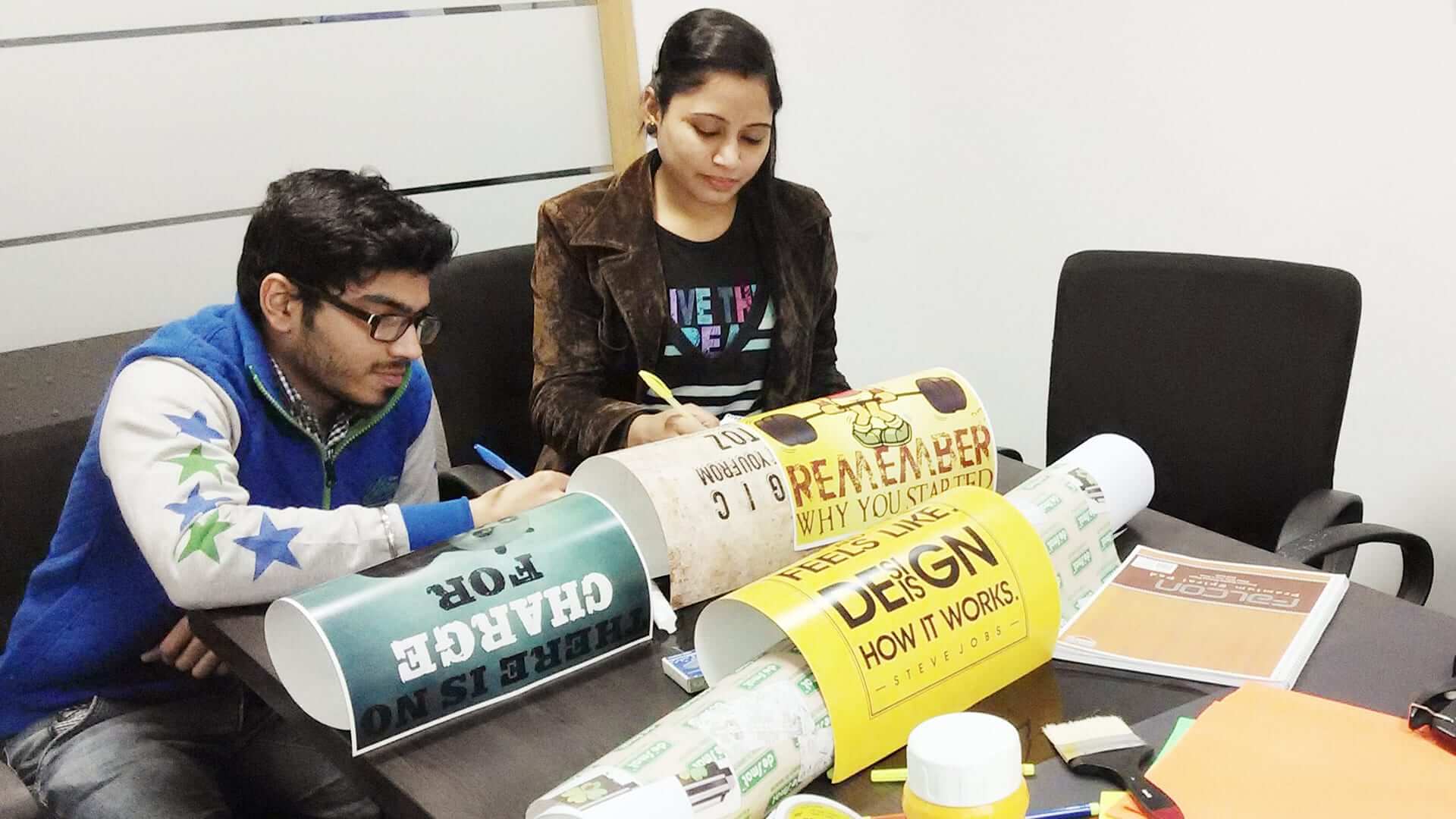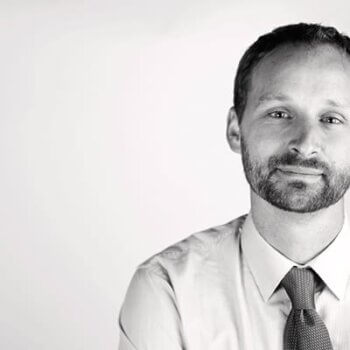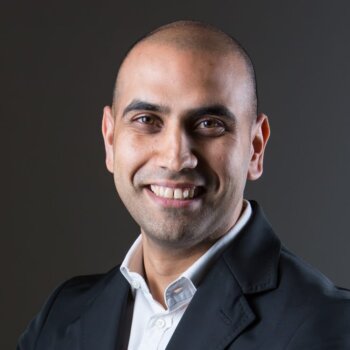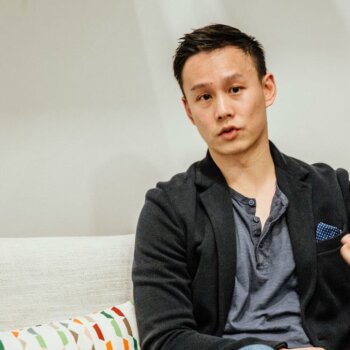Meet Vipin Sahu, co-founder of Webkul, a company that grew to more than $2 million in revenues without any seed funding.
Vipin graduated during the summer of 2009 with a degree in electrical engineering and was very much involved in web development, focusing mainly on developing plugins and modules for various open source platform during his college days. Being a self-starter, he decided to start his own company called Webkul along with several co-founders instead of joining the corporate world.
He now runs a company that has completed 5 successful years, made over $2 million in revenues, runs a team of more than 100 people and has over 40,000 customers worldwide.
What exactly is Webkul?
Webkul is one of the world’s largest online marketplaces for open source plugins for most web platforms including Magento, Prestashop, Joomla, Opencart, Shopify, Virtuemart and Openerp. These plugins are solely created by the developers at Webkul.
How did you come up with the idea of Webkul?
Webkul is a combination of two words, Web and Gurukul. Gurukul is a word, derived from ancient India language, Sanskrit that means a school. Since our operations were web based, we decided to keep our name as Web Gurukul and later shortened it to Webkul, a word with two syllable, easy to pronounce and unique in nature.
The main intent to launch Webkul was to help users scale and add features on most platforms such as WordPress, Joomla and Magento using open source plug-ins since there were many gaps experience by the users. For example, Magento is a brilliant system for e-commerce platform, but it lacked a multi-vendor marketplace solution that time. Our team at Webkul built that open source plug-in solution and it is now being used by many corporations globally.
Could you walk us through the process of starting up Webkul?
It all started during our sophomore years at college when Vinay and I were roommates. We were thrilled with the concept of open source while working on our course projects and started developing small open source applications. Being a college student, it was the best time to experiment our entrepreneurial ambitions and if for some reason we failed then we would still gain experience in developing real world applications that could help us in our careers. Hence, we started developing open source applications and documenting information in developer blogs. Finally in 2010, we registered the company with three co-founders. Today, we are proud to have more than 100 people in our team.
Could you walk us through the process of developing Webkul to date?
In the beginning, we were bootstrapping our operations and hence to minimize our expenses, the two of us were actually living in a single room apartment. This was hard because we did not borrow money from any venture capitalist, family, friends or even relatives. We initially started developing applications for platforms like Joomla and Facebook and after getting some tractions and operating smoothly, we decided to increase our scale and scope to other platforms like Magento, Prestashop, Opencart, Openerp, Shopify, WordPress, X-cart and Woo-Commerce.
Did you find anything particularly difficult during the startup?
We faced a lot of difficulties during the startup process. There were many general startup issues but the most difficult were the social acceptance of entrepreneurship and lack of resources. In most Asian communities, family expects their children to land a lucrative job in a multinational firm after graduation. Entrepreneurship is still a new and growing
field and less socially accepted after graduation due to its instability. Hence, trying to prove ourselves was scariest and the most difficult decision of our lives.
When we hired our first intern, we didn’t have basic resources like a desktop computer for him to use, so we worked during night hours so that he could use the desktop computer during the day while we were sleeping.
Surviving on operating revenues was also a huge challenge since our revenues were less than $300-$400 per month and we needed to regulate our budget efficiently. Profit is oxygen for any business especially if you are a bootstrapping company, otherwise you will fail.
What was the initial response you received from the market?
It was really good, because we researched on what problems were faced by users, what functionalities were missing in the major platforms and connected these two dots to provide open-source solutions to users that were also scalable to their needs. Moreover, we were also posting related useful information in our developer blogs to help the community.
What is your strategy against your competition?
Honestly, there is no strategy but to innovate continuously and solve problems faced by users worldwide. The fact that we have a lot of competitors and the entry barriers are low, pushes us keep innovating and improving our solutions. We add brilliant customer support to keep our customers happy.
Have you developed any industry insights that you could share?
Web development is a constantly growing industry. It has become very much scalable since people have got used to existing frameworks, templates, CMS and platforms instead of developing from scratch. They want ready-made solutions because it is easy to use,
takes less time and is more cost efficient. WordPress has about 9% of global market share of Internet website platforms, Joomla has about 3% and Magento is 1% and these numbers are growing every day. Developers worldwide including our team at Webkul have been able to narrow the gap between platform based websites and powerful websites that were created from scratch since platform based websites are now able to provide full feature set and functionality to the end user.
What is the future of the industry in your opinion?
Open source is the way to go. We are now seeing many technologies adapting open source platform including world’s most used mobile operating system, Android. There is so much talent globally that we will see many exciting developments in future. In future, we see more people being able to create powerful websites using plugins and platforms because it is easy to manage and lowest cost solution. This increase in adaption will require more features and plug-ins as users would demand more functionality or faster processing and hence more opportunities for us to develop solutions. That is why our philosophy is to constantly innovate.
What do you think about being an entrepreneur in Asia?
I think it is both easy and difficult. The initial costs of resources related to the startup is cheap and easy to setup. However, the difficulty lies in convincing and selling software applications to people who are already accustomed to using existing services or do not rely much on software and are hesitant to use new solutions. I guess in the western countries, acceptance is better.
What are some personal principles or personal values that guide you and your career?
Personally, I have always desired to “learn and improve things”. The main principle I have always followed in life is “to do what you love”. If you do not love what you are
doing then soon you will get tired of it. So you must always have a passion in whatever you do. This has been the most important guiding principle of my life that has uplifted me personally and I love every bit of what I am doing.
What is your definition of success?
Success is a very ambiguous term – I don’t consider making money as success only. My definition of success is happiness while making money. When our customers are happy, we are happy and this helps us make money.
Why did you decide to become an entrepreneur?
We just wanted to do what we love and we realized that the best way to do it was to start creating things the way we wanted.
Any parting words of wisdom for entrepreneurs out there?
There are a lot of things that I have personally learned in this entrepreneurial journey. Firstly, every company has a unique story and you should always build upon it. These stories may be your customer support; wide ranges of products or even brilliant technology. Secondly, there is no rule to starting a company you desire, you just need to remove obstacles that are between you and your vision. Your company should always be your first priority. Be honest to yourself not because starting a company is pretty fancy in society but for your long term happiness. You should always try to keep your customers happy and be ethical in every business dealings you may undertake to achieve long term success for your business.
































